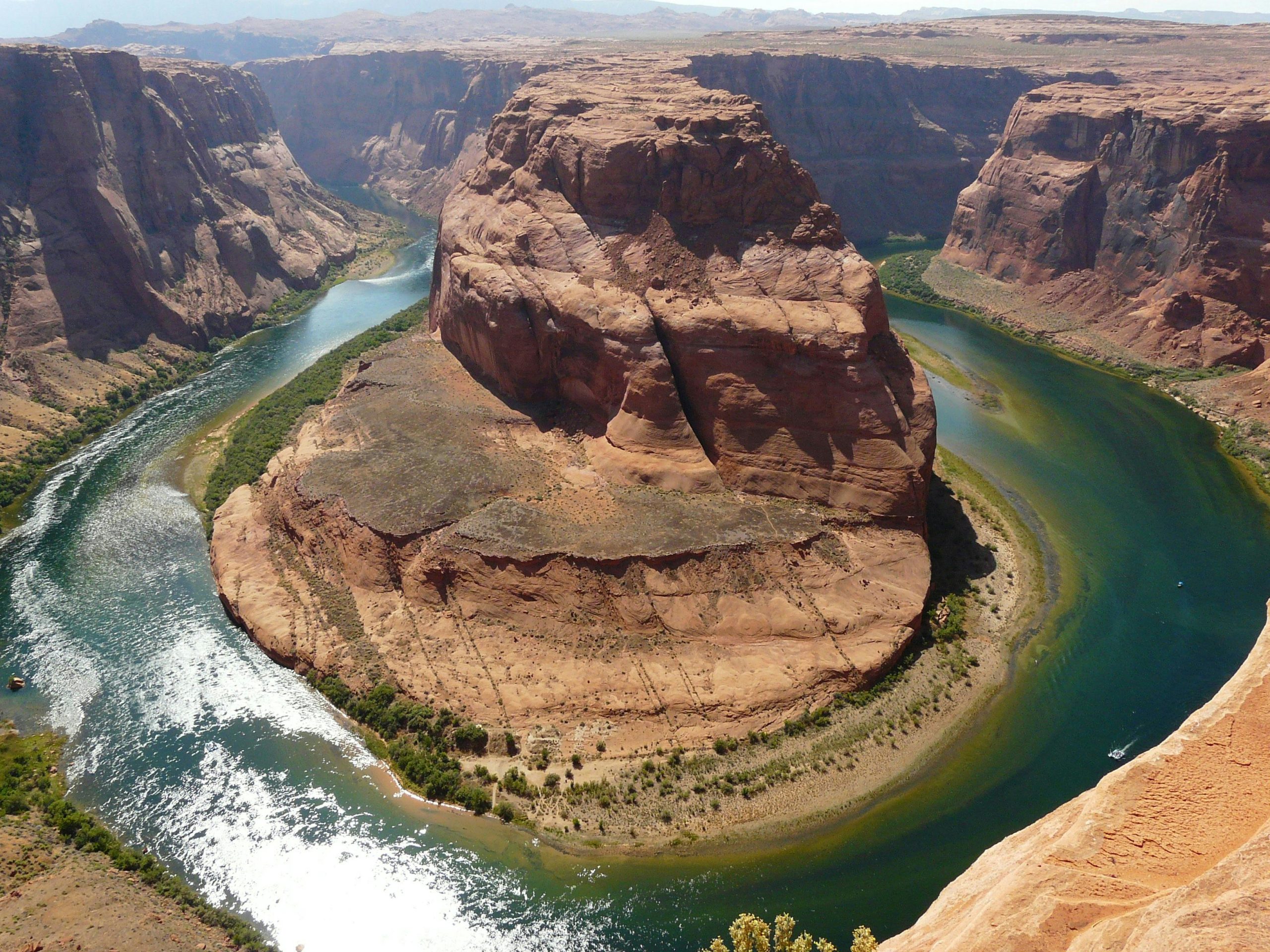Embarking on a construction project in Tucson requires a solid grasp of the local building codes to ensure your development aligns with safety, zoning, and sustainability measures. A fundamental understanding of Tucson AZ building codes is vital for architects, engineers, and homeowners alike. These regulations are designed to provide a framework that promotes the health and safety of the community while preserving the unique desert landscape that defines Tucson’s charm.
Whether you’re adding a room to your home, erecting a new commercial structure, or renovating an older building, compliance with these codes is not just a legal requirement; it’s a commitment to the well-being of the city’s residents and environment. Tucson’s building codes encompass a broad range of criteria, including structural integrity, fire safety, electrical systems, and energy efficiency standards. They are frequently updated to reflect new safety standards, technological advancements, and environmental considerations, so staying informed on the latest requirements is crucial.
For those just starting out, navigating through the maze of permits, inspections, and compliance can seem daunting. But fear not, as resources and professional guidance are available to help you through the process. Visit our website to learn more and get started today! Click here. We provide a curated guide to understanding and applying these regulations effectively, allowing you to embark on your construction journey with confidence.
The Importance of Compliance with Tucson Building Codes
Adhering to Tucson AZ building codes is not merely a bureaucratic hurdle; it is a crucial step in safeguarding the integrity and longevity of your construction projects. Compliance ensures that buildings are safe for occupants and meet high standards for quality and durability. It also serves as a protective measure against potential legal issues, liabilities, and costly fines that can arise from non-compliance. Structures built in accordance with these codes can better withstand the unique environmental stressors of the Sonoran Desert, such as extreme temperatures and flash flooding.
Moreover, following Tucson’s building codes is essential for maintaining the aesthetic and cultural fabric of the city. These regulations help manage urban growth, preserve historic districts, and maintain the balance between development and the natural environment. They encourage the use of sustainable materials and practices, contributing to Tucson’s reputation as a city that values eco-conscious development.
For property owners, compliance translates into higher property values and marketability. Insurers are also more likely to offer coverage to buildings that adhere to recognized safety standards. In essence, respecting Tucson’s building codes is an investment in the community’s future, ensuring that development in the city is responsible, sustainable, and harmonious with the local landscape and lifestyle.
Permitting Process for Construction in Tucson, AZ

Navigating the permitting process for construction in Tucson, AZ, is a definitive step in ensuring that your building project aligns with local tucson az building codes. The process begins with the submission of detailed plans and documentation to the City of Tucson Planning and Development Services Department. These documents must illustrate that the planned construction complies with all the relevant codes and zoning regulations.
Once the application is submitted, it undergoes a thorough review by city officials, who assess the project’s adherence to safety standards, environmental regulations, and community guidelines. This review may lead to a request for additional information or modifications to the plans. After approval, the city issues a permit, which is required before any construction can commence. It is important to note that this permit has an expiration date, and work must begin before it lapses, or the permit will need to be renewed.
During construction, the project may be subject to inspections by city officials to ensure ongoing compliance with the building codes. These inspections are critical as they verify that the work being done matches the approved plans and continues to meet all safety and quality standards. Upon successful completion of the project, a final inspection is conducted before the structure can be officially occupied. It is crucial to understand that each step in the permitting process serves as a checkpoint to guarantee that the construction work is executed responsibly, safely, and to the highest standards that the city of Tucson advocates.
Residential vs Commercial: Tucson Building Code Differences

Understanding the distinction between residential and commercial building codes in Tucson, AZ, is essential for any developer or builder. Residential codes are designed with the safety and well-being of homeowners in mind, focusing on aspects such as structural integrity, fire safety, and sanitation in single-family homes, duplexes, and townhouses. These codes typically address issues like minimum room sizes, egress windows, and smoke detector placements.
Commercial building codes, on the other hand, cater to the unique needs of businesses and public spaces. They encompass a broader range of concerns, including accessibility for individuals with disabilities, as mandated by the Americans with Disabilities Act (ADA). Energy efficiency standards may also be more stringent in commercial codes to accommodate the higher usage of resources in business operations. Additionally, commercial codes often entail complex fire suppression systems and emergency exit requirements due to the potential for higher occupancy levels.
While both residential and commercial codes in Tucson aim to ensure safe and habitable environments, commercial codes are generally more comprehensive due to the scale and complexity of commercial construction. These differences underscore the necessity for detailed planning and knowledge of specific tucson az building codes that pertain to the type of construction being undertaken. Compliance with the correct set of codes is not only a legal requirement but also a commitment to the safety and sustainability of Tucson’s growing infrastructure.
Sustainable Building in Tucson: Energy Efficiency and Green Codes

The city of Tucson is increasingly focused on sustainable building practices, emphasizing energy efficiency and green initiatives. This commitment is reflected in the local building codes which include specific provisions aimed at reducing the environmental footprint of new constructions. Key elements of these sustainability-focused codes include requirements for high-performance insulation, energy-efficient windows, and HVAC systems designed to minimize energy consumption. Tucson’s building code also encourages the use of renewable energy sources, such as solar panel installations, which are well-suited to the region’s sunny climate.
In addition to energy conservation measures, Tucson’s green building codes also address water conservation – a critical concern in the arid desert environment. These measures include low-flow plumbing fixtures and the implementation of water harvesting systems for landscaping purposes. By adhering to these green codes, builders contribute to Tucson’s reputation as a city that values its natural resources and seeks innovative ways to promote sustainability in its urban and suburban developments.
Adopting green building practices not only aligns with Tucson’s environmental goals but also offers long-term economic benefits. Energy-efficient homes and commercial buildings result in lower utility costs, which is an attractive feature for potential buyers and tenants. The increasing demand for sustainable properties in Tucson affirms that energy efficiency and green codes are not merely regulatory requirements but also a market-driven movement towards a more responsible and forward-thinking approach to construction and urban development.
Navigating Code Violations and Inspections in Tucson

For property owners and builders in Tucson, understanding how to navigate code violations and inspections is crucial for maintaining compliance with tucson az building codes. When a building does not meet the specified standards, it may be subject to a code violation, which can result in fines or mandatory corrective measures. To avoid such issues, one must be proactive in scheduling regular inspections during the construction or renovation process.
Inspections in Tucson are carried out by city officials who are trained to ensure that all aspects of a construction project adhere to the local building codes. These inspections typically include a review of electrical systems, plumbing, structural integrity, and adherence to safety standards. If any issues are found, the inspector will provide a list of violations that need to be addressed. It’s imperative for property owners to take these inspections seriously and correct any violations promptly to avoid penalties or delays in their project.
For those who are unsure about the specifics of tucson az building codes or the inspection process, seeking professional guidance is advisable. Visit our website to learn more and get started today! Click here. Our platform provides valuable resources and expert advice to help you remain compliant with local regulations. Remember, staying informed and taking a proactive approach to inspections can save time, money, and ensure the safety and longevity of your building project in Tucson.






0 Comments